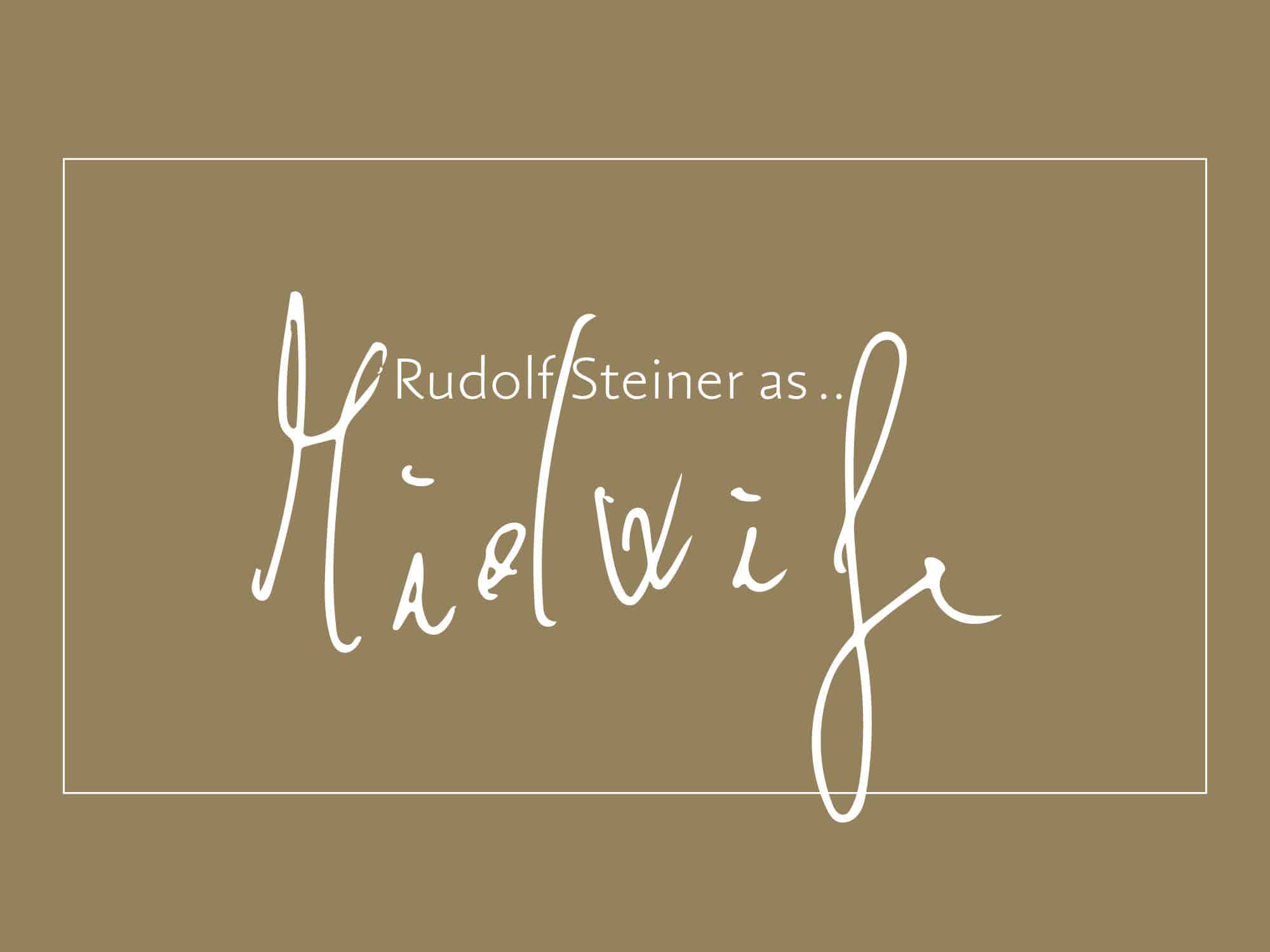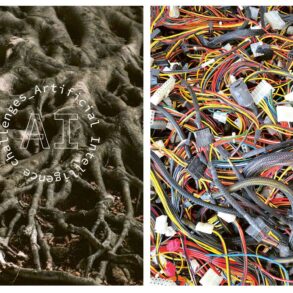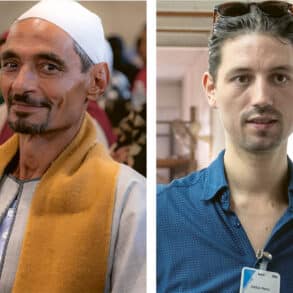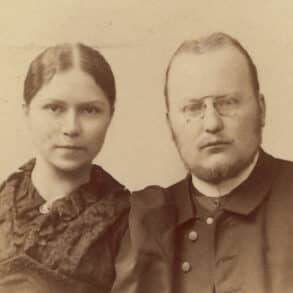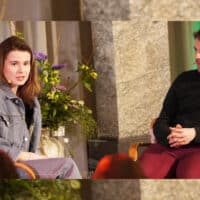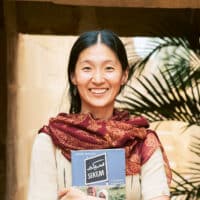Was Rudolf Steiner an Aristotelian or somehow, at least in some respects, a Platonist? These questions have evoked much controversy over the last 100 years.
Such questions naturally concern not only Rudolf Steiner, but anthroposophy in general. Was anthroposophy born Aristotelian in order to integrate the Platonic into itself at some point? Indeed, what if Rudolf Steiner was neither a Platonist nor an Aristotelian but, quite simply, a Socratic? I immediately hear the concerns this question raises: should we introduce yet another pigeonhole that encompasses Steiner and anthroposophy? But the answer is a clear no, if we take Socrates’ midwifery—which is characterized in Plato’s Theaetetus (148e-151d)—seriously, as a seminal shattering of all pigeonholes, stereotypes, discourses, models, theories, algorithms, and expectations!
Socrates was the first European “master” to publicly—outside his affiliation to a cultic institution—and relentlessly deconstruct the conventional figure of the “master.” Was this why he was condemned as a traitor to the mysteries? In fact, Socrates did not want to give birth to his own wisdom/Sophia in conversation. Having already given birth to wisdom for himself, he merely wanted to act as an experienced midwife of wisdom, so that the spiritually pregnant human being he encountered could give birth to Sophia in harmony with their own individuality and thus experience their own new birth through self-knowledge. Through Socrates, the “second birth,” which all mystery streams know as the culmination of initiation, becomes an event that, through unbiased spiritual encounter in open physical space as well as through free conversation beyond all conventions and agendas, manifests itself as the presence of the spiritual in the earthly-human. In the beginning is Socrates’ questioning, which prompts the other person to build their own path to a new birth.
Rudolf Steiner radicalizes and reverses the gesture of Socrates: in the beginning is still the questioning, but now it is not questioning born from the “master” as a locatable questioning center. The “master” is now a person who is born in the encounter, in every moment anew, as an infinite, unlocatable spherical circumference that forms a space of warmth and light for the significant questioning of the other person. The “master” no longer initiates the questioning. In order to act, Rudolf Steiner waits for another person to ask the decisive question, completely freely, from the power of the ‘I’: so that a new beginning is birthed that can fecundate the whole earth. Without the questioning Marie von Sivers, without the questioning Mathilde Scholl, without the questioning Ita Wegman, we would have no new Western/European esotericism, no founding of the Anthroposophical Society, no reorientation of medicine in the direction of a Mystery Art. And these are just three of the better-known examples.
Through Rudolf Steiner, the “master” is not merely deconstructed. If it were so, it would be a case of dying without becoming. Rather, the “master” is also reborn as an unconditionally listening friend—as the creative emptiness of a completely attentive, infinitely spacious ‘I’ that acts as a midwife for the revelation of the courageously questioning other ‘I.’ The courageously questioning ‘I’ is now no longer merely personal, but simultaneously person and world—unbiased “world-making” questioning, born because one ‘I’ gives itself as a midwife, as a fecund, empty awareness that is available for the birth of another free ‘I.’
However, authentic freedom doesn’t mean that the ‘I’ identifies itself with any kind of “personality.” In other words, only an ‘I’ that wants to be non-locatable and fruitfully empty, and thus harmoniously “world-making,” is free. Rudolf Steiner wants to be a midwife for this freely “world-making” ‘I,’ not as a “master” but as a friend who perceives the germ of the requisite midwifery in all people. This is why he offers the present and the future an anthropology of the human ‘I’ in which he even joyfully plays with language, coining the surprising verb “I-ing” [“ichen”] (GA 293, 29.8.1919). “I-ing” does not mean the self-revelation of the ‘I,’ but the perception of the other person as ‘I’ in every physical encounter: it is made possible by the I-sense, through which our perceiving ‘I’ can welcome the revelation of the other ‘I’ as ‘I,’ without bias.
By referring to a sense of ‘I’, Rudolf Steiner seems to be telling us: even in the basic physical encounter with every other person, each human being is unconsciously a midwife for the revelation of the other ‘I’. Therefore, even if initially only in embryonic form, every human being is a Socrates for all other human beings. And a Socrates is a human being connected to strength and power (krátos) as well as to healing, salvation, and wholeness (sôs). It is time for every human being to perceive themselves as the force and power of healing and salvation for every other human being, and thus for the world—not as a “master” but as a midwife for the other ‘I.’
This year we bring you a series of articles titled “Rudolf Steiner as…” to honor the 100th anniversary of Rudolf Steiner’s death—sometimes an essay, sometimes simply a thought or reflection—always, an aspect of his being.
Translation Laura Liska

